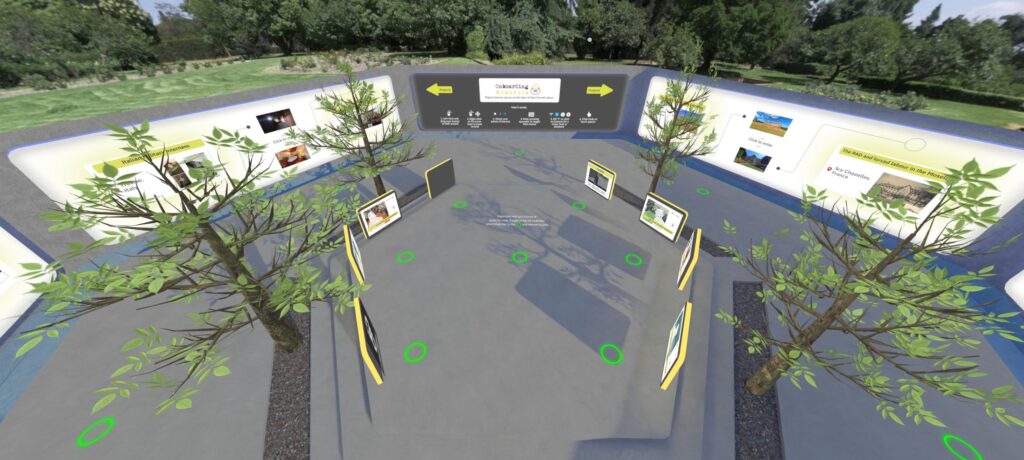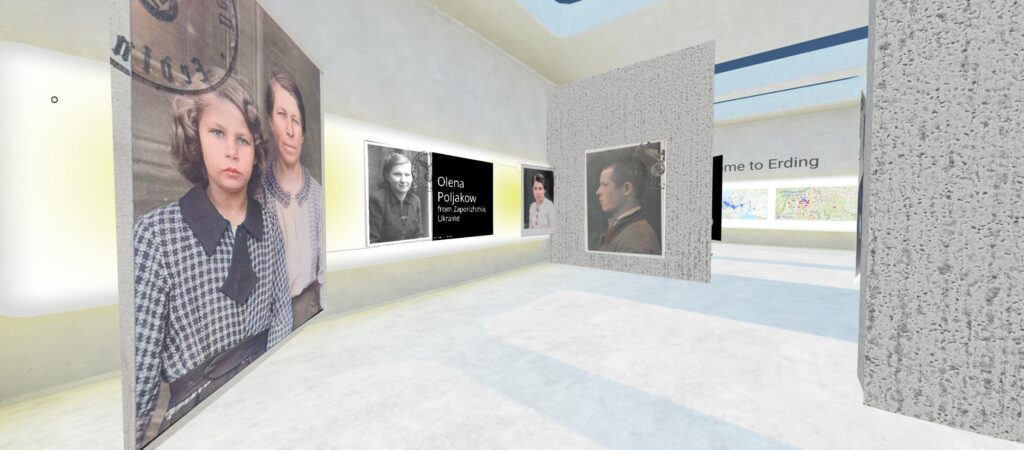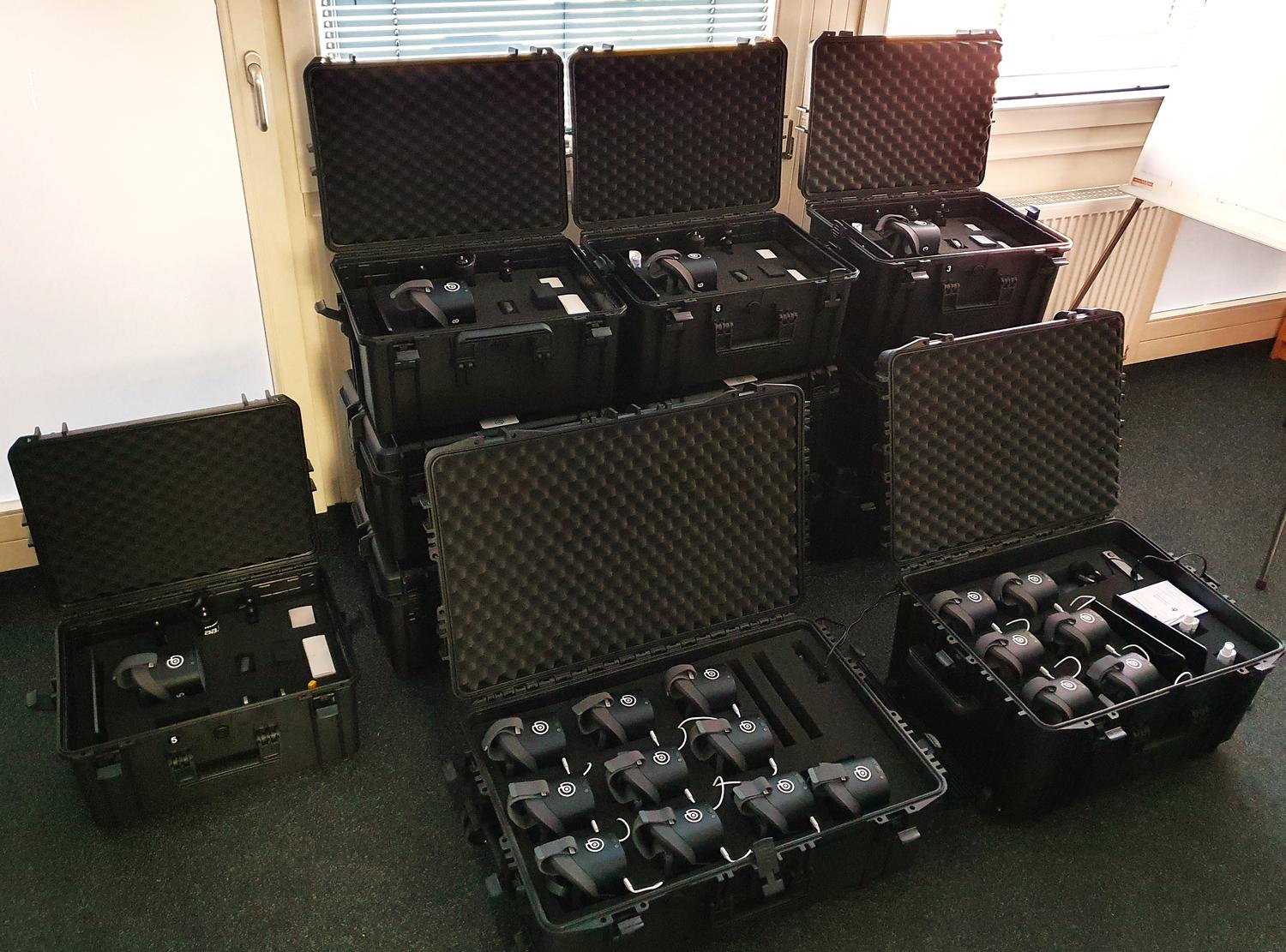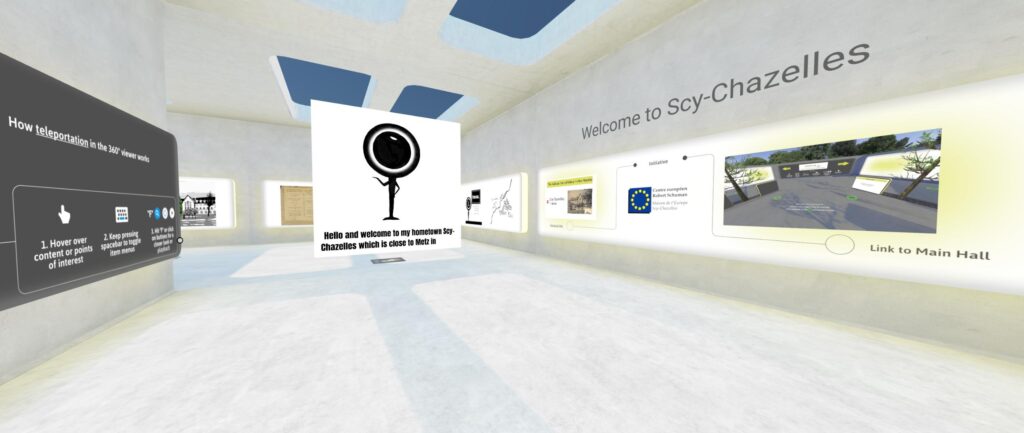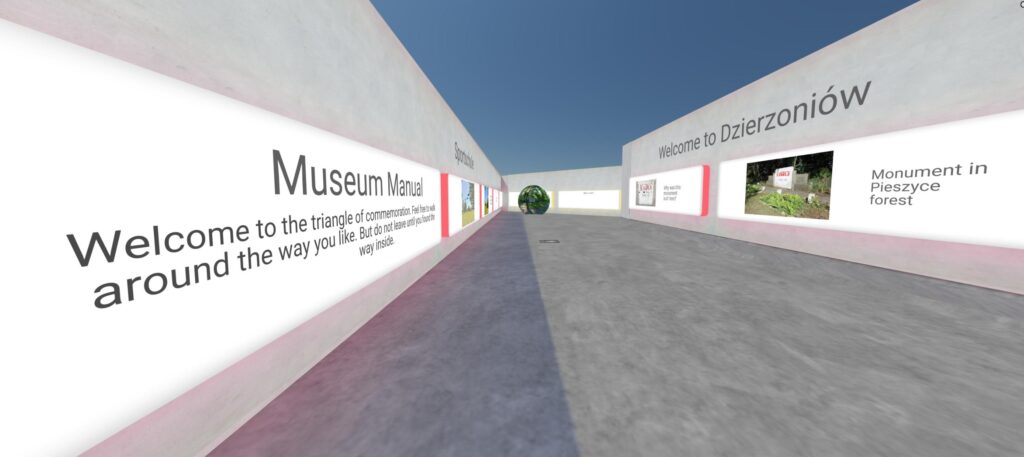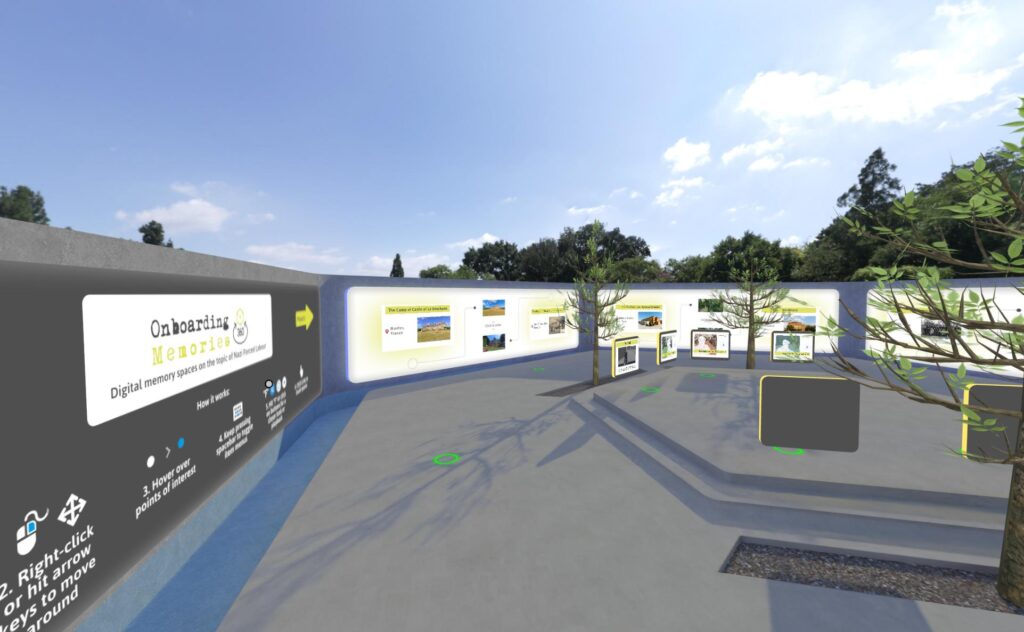More than 20 million people were exploited and enslaved as forced laborers during National Socialism, coming from nearly every European country and the former Soviet Union. The atrocities and ongoing significance of this injustice were never fully integrated into collective memory from a European perspective.
Onboarding Memories is an innovative project that brings to light the stories of Nazi-era forced labor victims through immersive digital experiences. Utilizing archival materials such as testimonies, photographs, and documents, these stories are embedded into digital memory spaces, creating a deeply emotional and educational journey. The project was a collaborative effort, involving local history groups and youth across several European countries.
As consultant and solution architect, I spearheaded the technical framework, choosing Mozilla Hubs for its open-source, GDPR-compliant nature, and hosted the project on AWS to ensure data sovereignty and security. This setup enabled the creation of accessible virtual rooms via VR headsets and web browsers. Additionally, I designed “History-Maker-Kits,” allowing participants to record 360-degree photos and videos, and facilitated workshops to teach media creation, immersive storytelling, and virtual room design.
Key Contributions
- Spearheaded technical framework and platform selection.
- Designed and provided “History-Maker-Kits” for content creation.
- Conducted workshops on media production and immersive storytelling.
Technical Implementation
- Selected a solution for its open-source and GDPR compliance.
- Managed AWS hosting for data sovereignty and security.
- Developed “History-Maker-Kits” including 360-degree cameras, VR headsets, and media creation tools.
- Delivered workshops on using the Spoke editor for virtual room creation.
Bridging the gap between innovative technology and history
Onboarding Memories serves as a powerful example of how cutting-edge technology can yield a new educational approach and cultural engagement, bridging generational divides and fostering a shared European consciousness. Initiated by the Europäische Akademie Berlin the project’s European scope—collaborating with institutions across Germany, Poland, France, and Italy—demonstrates a collective effort to preserve and communicate historical truths on a continental scale. It underscores the importance of a unified European approach to memory and education, highlighting how technological advancements can enhance cross-cultural understanding and remembrance.
Motivations
- Addressing the gap in collective memory regarding Nazi forced labor.
- Utilizing immersive technologies for engaging educational experiences.
- Encouraging active participation in historical preservation, particularly younger generations.
Project Outcome
The project culminated in a virtual exhibition, where participants and the public could explore the spaces created by the youth. This event highlighted the power of immersive storytelling in education and cultural preservation. The initiative not only educated participants about the history of forced labor during the Nazi era but also fostered a deeper understanding and empathy through direct engagement with the stories.
The project’s success is evident in the positive feedback from participants and audiences, who appreciated the innovative approach to presenting this critical historical subject matter. The support from the European Academy Berlin, the Foundation Remembrance, Responsibility and Future (EVZ), and the German Federal Ministry of Finance (BMF) further validated the project’s importance and impact. The collaborative effort demonstrated the potential of using digital and immersive technologies to bridge educational gaps and create meaningful, shared cultural experiences.


